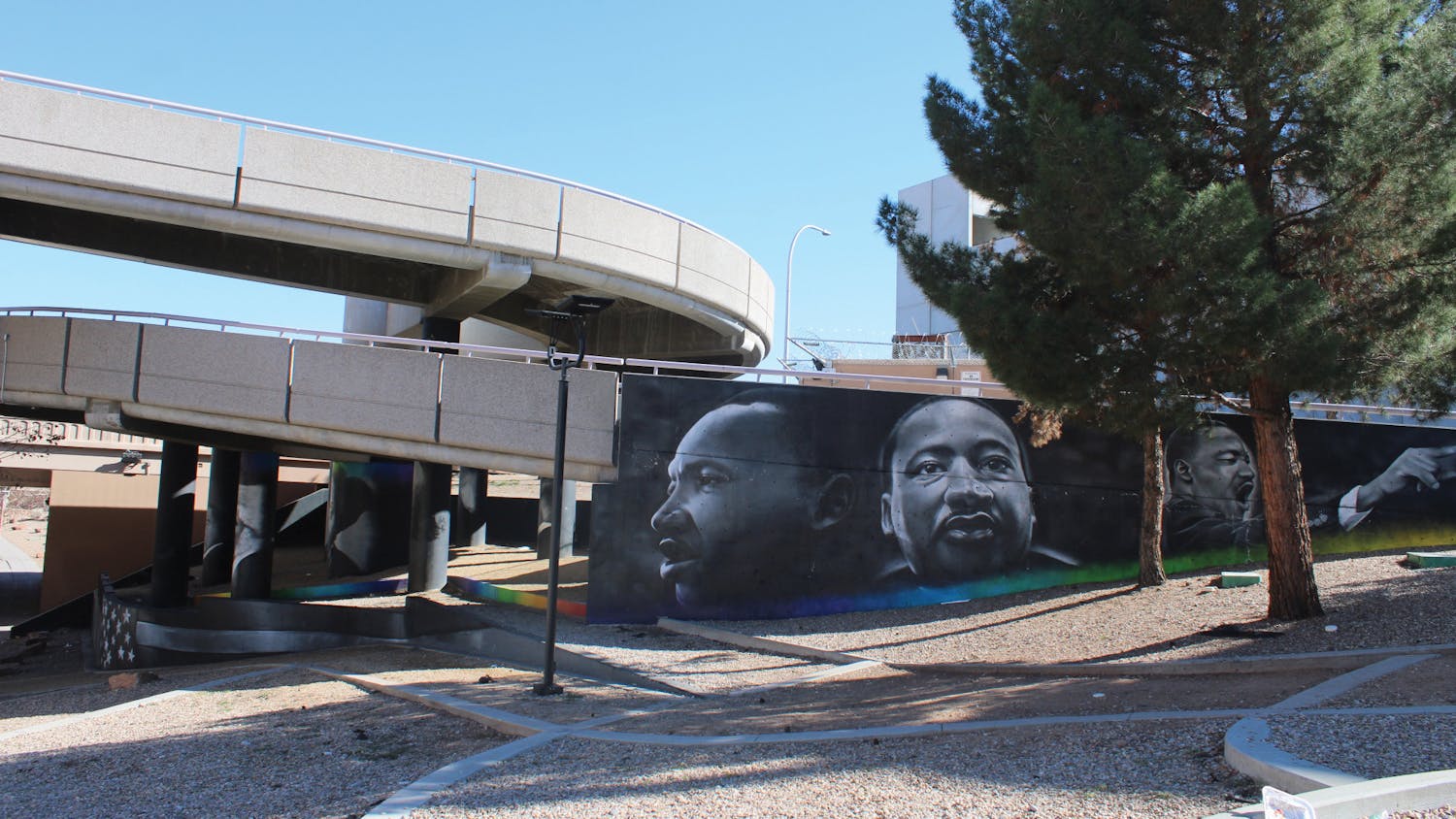Phil Bozeman, lead vocalist for Whitechapel, has always been honest about his tragic childhood and how it has influenced his lyrics. The Valley separates itself from the rest of Whitechapel’s discography as it is a direct window to what Bozeman went through. The bottled-up pain and suffering that he had to endure as a child finally being released through music, Bozeman’s vocal performance is incredibly emotional and absolutely chilling.
“When a Demon Defiles a Witch” begins the journey through Bozeman’s childhood. As one of the singles released before the full album was dropped, this song has a music video accompanying it. The video has incredibly graphic imagery to stand as the backdrop for the depressed lyrics, leaving nothing to the imagination.
The song itself is a mix of brutality and beauty, starting punishing guitar and heavy drums before flipping the song on its head and slowing down. Bozeman shows that he is capable of both demonic gutturals and mesmerizing clean vocals.
The second track “Forgiveness is Weakness” drops right back into the fast brutality of deathcore, the guitar and drums pummeling the listener while the gates of hell are opened to release the vocals. Bozeman doesn’t waste any time as the first lyrics of the song being “He is finally dead”, the he being Bozeman’s stepfather. All of the hatred that Bozeman has kept for all these years is channeled through the lyrics and vocal performance, the instruments the perfect complement.
Third on the album is “Brimstone," which was released as the first single of The Valley showcases another deviation from Whitechapel’s normal sound with a vocal performance. Sticking with the old saying that simple is best, the guitar and drums keep the same ferocious intensity with the slower and higher distortion guitar.
Sitting as number four is “Hickory Creek," another song accompanied by a dark and disturbing music video. Whitechapel’s musical prowess is on full display throughout the duration of the song. Bozeman throws away his reliance on screaming and faces his clean singing head on, delivering powerful vocals that will send chills all across the body. The song is fully rounded out with the technical and emotional guitar solo.
“Black Bear” continues the album and brings back the screams and the brutality. The guitar riff is incredibly groovy, the timing and rhythm will make the listener move involuntarily. The structure of the song stays simplistic, letting the lyrics and vocals stand center stage. “We Are One” comes in as the sixth track and keeps pace with the groove and heavy sound. Bozeman’s articulation while screaming is unrivaled, each word clear and viciously delivered. The end of the song builds up to the breakdown, which after the delivery of the title line “We are one," the ensuing riff will make the listener snap their neck from headbanging.
Track seven is “The Other Side," starting right away with rhythmic guitar and pounding drums. “The Other Side” sits as one of the more uplifting songs on the album, Bozeman finally able to push through all of the pain and hate and make it out of his troubling past.
Slipping back into the darkness comes the seventh song, “Third Depth." The vocals switch from hypnotizing cleans to demonic screams, conveying the pain and emotions of the lyrics through the powerful vocal presentation.
The second to last song is “Lovelace." The pace of the drums and guitar pick up with faster, tremolo picking riffs and rapid pedals. The instruments slow down for the chorus, with a bone chilling “help me” being screamed in the background before a lyrical cry for help of the chorus begins.
The gloom imagery of the album continues to be found within the lines of the song, especially when Bozeman shouts “At what moment did you realize/That I meant nothing/When did everything fall apart."
Finishing the journey is “Doom Woods," which is the longest song of the album. The song starts slow, the enthralling guitar riff washing over the relaxed high hats. As with most of the album, the main focus of the song is on the lyrical compositions and vocal performance, not so much on the instrumental melodies.
Get content from The Daily Lobo delivered to your inbox
Each song is a story of Bozeman’s childhood, which makes the depressing words move the listener more than most songs ever could.
The introduction of clean singing into one of the biggest deathcore bands hails in a new era for the genre and for the band. With the positive reaction from the fans, it seems as though the new direction for deathcore will be one with more clean singing, and hopefully with as deep and meaningful lyrics as The Valley.
Cole Space is a freelance reporter for the Daily Lobo. He can be contacted by email at culture@dailylobo.com or on Twitter @cole_space.





